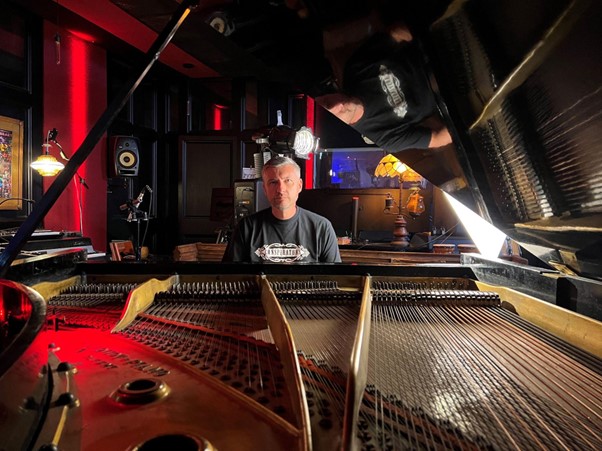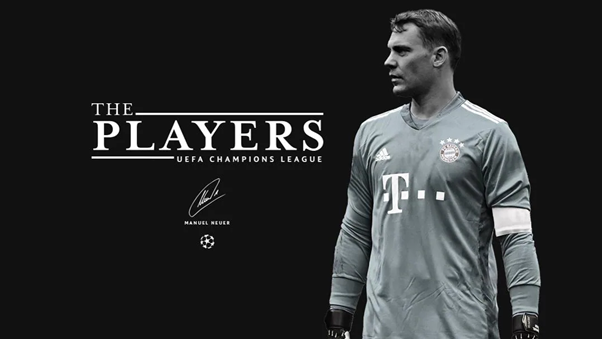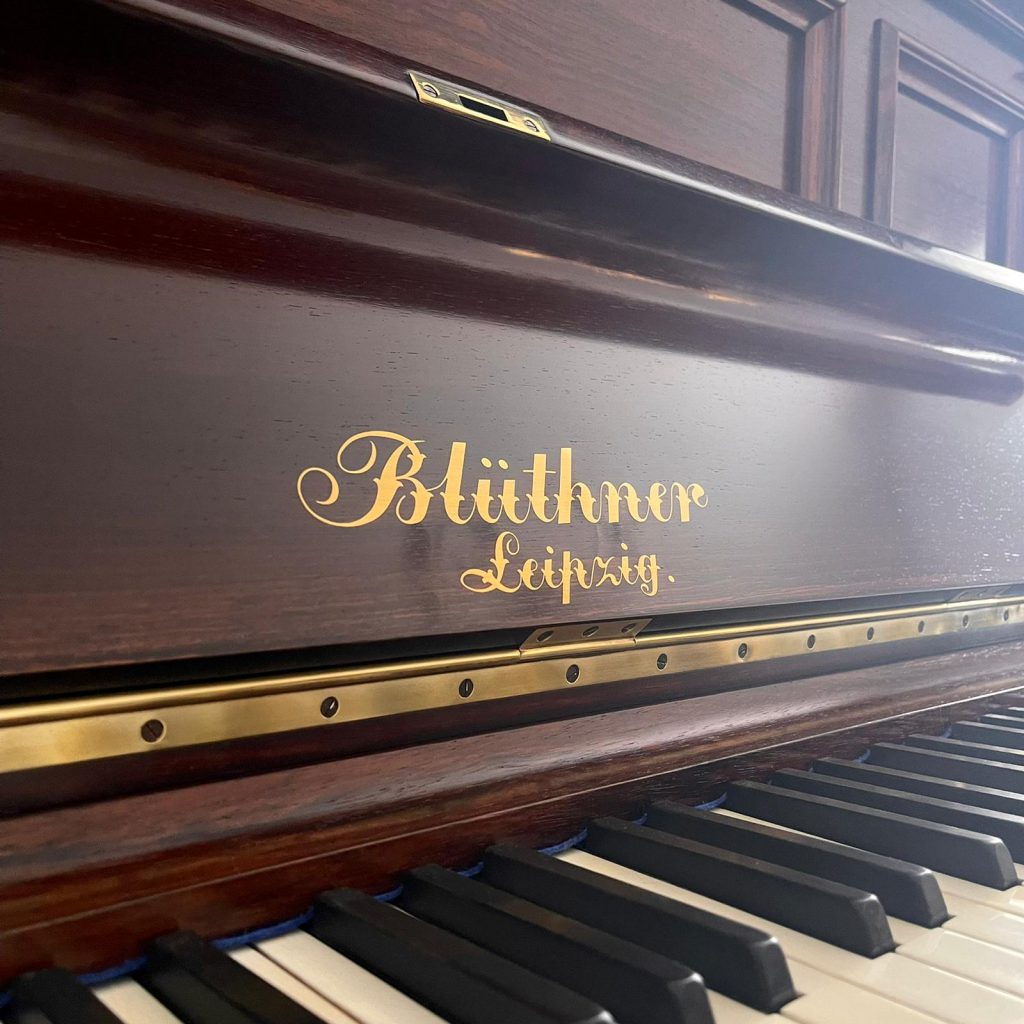Simon Woodgate
– In a League of Its Own: Dialogue Separation & Noise Reduction –
An interview with professional sound designer, composer and audio engineer Simon Woodgate (Coldplay, UEFA Champions League, The Hallow, Postman Pat)
“RipX DAW PRO is a revelation! When I saw people using RipX DAW PRO to get the lead vocal off a track, I wondered if that could be used for noise reduction to pull dialogue out in the same way? Turns out it can!”

After starting out playing his father’s electric organ at around 4 years old and discovering that its analog circuitry was always a bit out of tune with itself, little did Simon Woodgate know that this experience was to lead onto a lifetime of audio problem-solving opportunities.
“My Dad used to open it up and tweak it. There was a cigarette burn on one of the plastic keys that I used to put my little finger into. Strange how those memories stay with you.”
Growing up very close to the legendary Peter Grant, manager of Led Zeppelin, he would often hear the band rehearsing at his house while at primary school.
“Knowing this was on my doorstep made me think that a career in music was something that was possible. I just accepted that’s what some people decide to do, rather than thinking of it as some kind of unattainable goal. At the time though, I really didn’t know I would end up doing it!”
In a stroke of luck, Simon’s school music teacher Tony Mealings turned out to be quite progressive for the time, introducing him to the world of recording equipment, which later inspired him to learn music composition.
“He set-up a four track cassette-based studio in his office, with a Yamaha MIDI drum machine, a Casio CZ101 and a Korg MS10 synth. A music department like this was virtually unheard of at a state school in 1982. He even used to let me go there at lunchtime, and also when I was skiving from P.E.”
As for his biggest influences?
“I have so many it’s hard to choose. In the film scoring world, the obvious ones are John Williams, unmatched in melodic composition and arrangement, Basil Poledouris, Danny Elfman, Elmer Bernstein, Eric Korngold, but I also like electronic scores such as Tangerine Dream, Brad Fieldel and John Carpenter. I think part of the reason I liked his scores was because I could approximate the sounds at home.”
As a songwriter, Simon really appreciates good songs – particularly those with a memorable hook and interesting lyrics.
“I really like Spoon. I’ve been in my own studios for so long, I’ve ended up learning audio skills out of necessity. I get frustrated when I hear music, film or TV with audio problems (can’t hear the dialogue!) and I guess I want to avoid doing that in my work, so I spend time learning. I’m always interested in learning new approaches.”
Most recently, Simon has been working on UEFA’s ‘The Players’ Series and shares some revealing insights.
“With ‘The Players’, there have been multiple problems to solve. Some of the audio comes from poorly recorded sources, sometimes because the interviewers didn’t have time to set up, or a local crew was used who weren’t used recording in difficult locations. More often than you would think, the crew doesn’t include a proper sound guy. This seems to happen a lot – just relying on the camera mic! At times, I wish I could reach back through time and say ‘turn the damn air conditioner off before you start!’.”

Recently, and as more and more people watch shows on the go, Simon has recognised that sound mixing for television has become more of a challenge, yet always relishes new opportunities to expand upon his knowledge.
“Getting a nice punchy balanced mix that will sound great in 5:1 on decent A/V systems, but also sound good on mobile devices takes a little more thought, but I hope to learn something new from every project. Each day has its own problems to solve. That’s part of the appeal for me. I did a commercial for butter once and had to make music out of the sound of trampoline springs. I couldn’t have predicted that!
As for his favorite studio gear and most used production techniques?
“I made some good choices early on. KRK E8’s (the originals!) a Neumann U87, Avalon 737 and Lexicon, but my favorite thing in the studio is my 1906 Blüthner grand piano. I like old things and I like physical instruments, things you can hold, brush, hit. Pair this with modern studio recording and effects and it’s such a wonderful playground. Always get the sound right in the room *before* you record it. I spent a lot of time and money getting my rooms to sound good so that’s half the battle to good sound.”

As for RipX, what does he like most about the future audio platform?
“RipX is a revelation! I used to spend a lot of time working with noise reduction software, always balancing getting the noise floor down with those garbled artifacts. You’ve all heard them! When I saw people using RipX to get the lead vocal off a track, I wondered if that could be used for noise reduction to pull dialogue out in the same way? Turns out it can! I got the stadium noise totally out of an on-camera recording of players on the pitch. It was extraordinary!”
Looking into his crystal ball, Simon believes that AI integration in audio production will continue to gather momentum, although firmly believes that all aspiring audio engineer’s should always learn the fundamentals, explore the many traditional methods of audio production and education already on offer, and try to enjoy the process as much as possible.
“You can see it coming with image creation already. However, my advice would be to turn off the computer screen. How does it sound now? Go out and play live. You learn so much from audience feedback. Find things that excite you and try to keep doing that. I’ve been lucky that nearly everything I’ve done in the last 30 years, be it performing, songwriting, production, scoring, mixing or VO has been fun, exciting or at least a learning experience!”
Find out more about Simon Woodgate HERE.
